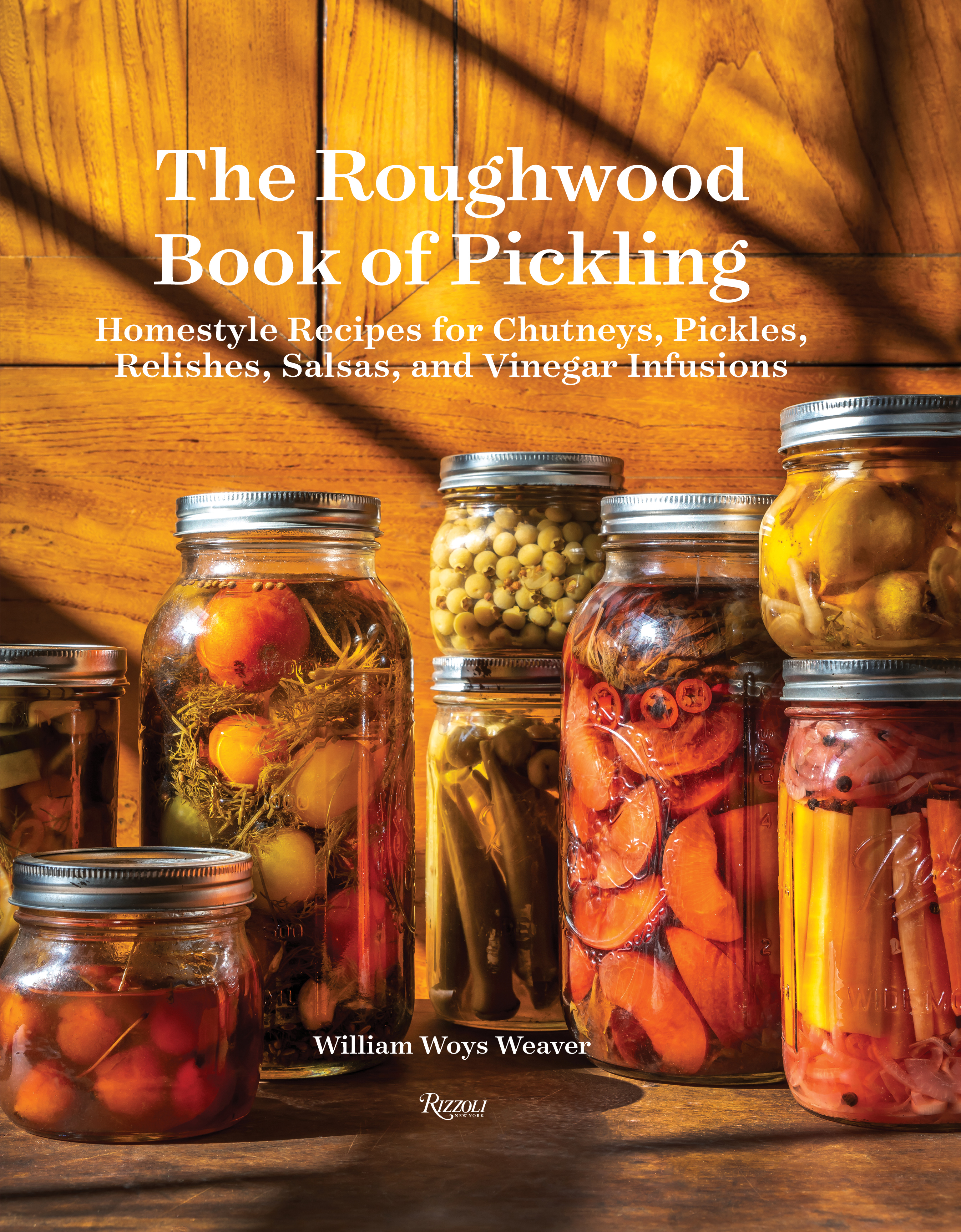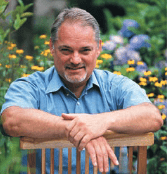
THE ROUGHWOOD BOOK OF PICKLING: Homestyle Recipes For Chutneys, Pickles, Relishes, Salsas And Vinegar Infusions
William Woys Weaver
Rizzoli
September 10, 2019
$40/Hardcover
ISBN-13: 978-0789336781
William Woys Weaver
Rizzoli
September 10, 2019
$40/Hardcover
ISBN-13: 978-0789336781
 William Woys Weaver is an internationally known food historian and a rare four-time winner of the prestigious IACP/Julia Child Cookbook Awards. A master gardener, Weaver is the author of numerous books on food history and gardening, including Heirloom Vegetable Gardening and has appeared on such national programs as Good Morning America (with Julia Child) and has been the subject of articles in Americana, Food & Wine, Food Arts, The Chicago Tribune, The New York Times, and Country Living. Weaver received his doctorate in food studies at University College Dublin, Ireland, the first doctorate awarded by the University in that field of study. He is Curator Emeritus of the Roughwood Seed Collection of heirloom food plants (which numbers over seven thousand heirloom varieties) at the historic Lamb Tavern in Devon, Pennsylvania.
William Woys Weaver is an internationally known food historian and a rare four-time winner of the prestigious IACP/Julia Child Cookbook Awards. A master gardener, Weaver is the author of numerous books on food history and gardening, including Heirloom Vegetable Gardening and has appeared on such national programs as Good Morning America (with Julia Child) and has been the subject of articles in Americana, Food & Wine, Food Arts, The Chicago Tribune, The New York Times, and Country Living. Weaver received his doctorate in food studies at University College Dublin, Ireland, the first doctorate awarded by the University in that field of study. He is Curator Emeritus of the Roughwood Seed Collection of heirloom food plants (which numbers over seven thousand heirloom varieties) at the historic Lamb Tavern in Devon, Pennsylvania.
William Woys Weaver, a highly regarded food historian and four-time IACP award winner, offers bold flavors, global influences, heirloom prestige, and a master gardener’s expertise in his new book THE ROUGHWOOD BOOK OF PICKLING: HOMESTYLE RECIPES FOR CHUTNEYS, PICKLES, RELISHES, SALSAS, AND VINEGAR INFUSIONS. Featuring a wide array of creative and inspiring recipes designed to take advantage of seasonal and heirloom produce, readers will find Indian-style chutneys, Latin American ajís and salsas, and Japanese-style recipes alongside European and traditional Pennsylvania Dutch pickles and more in this flavor-forward gem of a book. Beginners and experts alike can learn from Weaver’s accessible instructions, experienced voice, and global palate.
THE ROUGHWOOD BOOK OF PICKLING reflects the rich diversity of the Roughwood Seed Collection with many of the pickle recipes coming from heirloom vegetables grown in Weaver’s own garden. Chapters titled “Hot and Spicy,” “Salty and Fermented,” and “Sweet and Sour,” and an additional section for vinegar infusions, showcase original recipes created by Weaver. Sample recipes include: